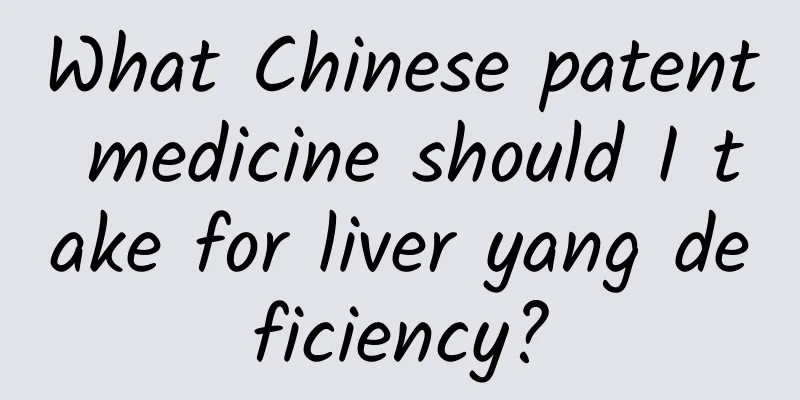What to do if you have recurrent genital herpes

|
Genital herpes itself is prone to recurrence. Once recurrent genital herpes occurs, the difficulty of treatment will increase, and it is easy to cause some drug resistance problems. In addition, its recurrence rate is relatively high, and the harm of the disease will be greater. Through investigation, it is found that some patients can relapse more than ten times a year. For recurrence, treatment must be more strict, and the doctor's advice must be strictly followed in terms of conditioning. Recurrent genital herpes symptoms Recurrent genital herpes often occurs within 1 to 3 months after primary genital herpes. The recurrence rate and frequency of attacks caused by HSV-2 infection are also higher. About 60% of patients relapse within one year after the first infection, with 4 to 6 attacks in the first year, and some relapse more than 10 times. The symptoms of recurrent genital herpes are milder than those of primary genital herpes. Recurrent genital herpes may be accompanied by sacral radiculopathy: symptoms include pain or paresthesia in the buttocks or thighs, urinary retention, and erectile dysfunction. Other complications include proctitis, prostatitis, urethritis syndrome, etc. The risk of cervical cancer in women is 5 to 10 times greater than that of the general population. Traditional treatments for recurrent genital herpes (1) General treatment ①The main thing is to keep the local area clean, dry and the blister wall intact. It can be washed with isotonic saline every day. Those who suffer from pain can take oral painkillers and provide mental comfort. ②For those with concurrent bacterial infection, antibiotic ointment can be applied externally. ③For those with obvious local pain, 5% lidocaine hydrochloride ointment or oral analgesics can be used. ④ Spiritual comfort, explain the causes of relapse and how to treat and deal with it. ⑤ Women with recurrent disease should undergo a gynecological examination to rule out cervical cancer. (2) Antiviral drug treatment ① Acyclovir (Acyclovir tablets) is considered to be the most effective anti-HSV drug currently. For severe cases, the drug can be administered intravenously at a dose of 5 mg per kilogram of body weight, once every 8 hours for 5 to 7 days. Generally, patients can take it orally, 200 mg each time, 4 to 5 times a day, for 7 to 10 days. In severe cases, intravenous drip can be used and acyclovir ointment can be applied to the affected area. ② Triazole riboside is a guanosine nucleoside analog that has anti-DNA and RNA virus effects. Taking 800 mg per day for 10 days can relieve pain and shorten the course of the disease. ③ The immunostimulant oral levamisole has a certain therapeutic effect, but some reports are not very certain about the effect. Interferon has been found to have an inhibitory effect on HSV in vitro, and its clinical therapeutic effect is still under study. |
<<: What is the cause of the male genital crack?
>>: What to do if the male baby's genitals are red and swollen
Recommend
What causes sweaty hands and feet?
In real life, many people will experience noticea...
How often do boys ejaculate?
In our lives, many men have a strong desire for s...
What to eat for anemia in girls
Girls are prone to anemia due to physiological re...
Best medicine for premature ejaculation
Men are very concerned about their reputation, es...
How to treat essential tremor? Drug treatment is effective
Essential tremor is generally caused by genetics....
What to eat when you have a lumbar injury
In today's life, it can be said that there ar...
Why do children's palms and soles feel hot?
Perhaps in people's daily lives, many people ...
Will drinking lots of water cause urine protein to disappear?
If drinking a lot of water causes the proteinuria...
Symptoms of excessive liver fire in men
Eating too much of some foods can cause excessive...
What to pay attention to after abortion
The unexpected birth of a baby is something to be...
Angelica is not suitable for people
Chuanxiong has the effects of nourishing blood, r...
What is the effect of passion fruit peel foot bath
What is passion fruit? As the name suggests, this...
What are the effects of removing the ovaries? In what cases is the ovaries removed?
For female friends, when they have ovarian proble...
Sciatica 23 years old
The sciatic nerve is a nerve located on the butto...
Dandelion external application for acne treatment
We all know that the appearance of acne on the fa...









